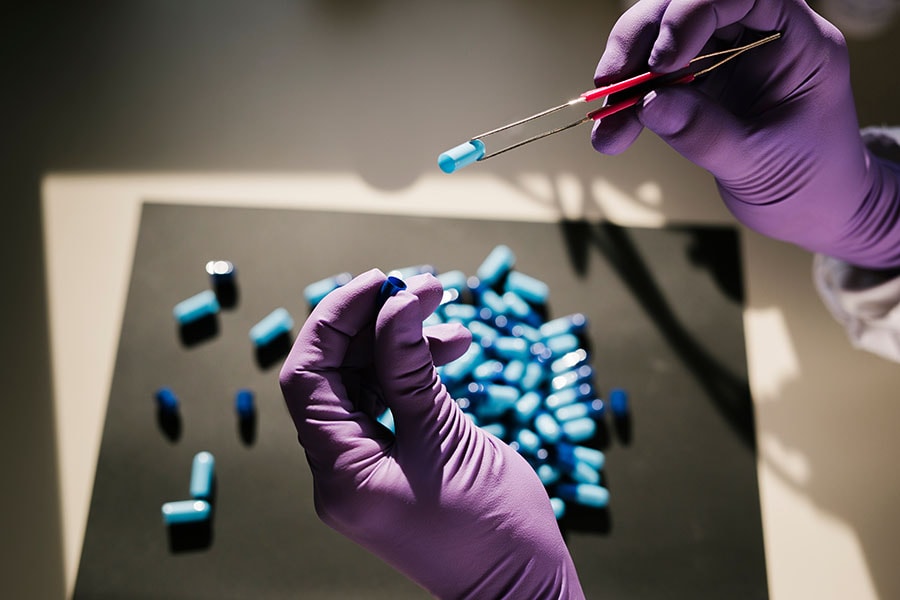
Intas Pharma's Ahmedabad facility gets import alert from US FDA
An import alert prevents the company from distributing products in the United States. As of now, Intas has been allowed to supply 24 critical products that are in short supply in the US, after completing the necessary testing, verification and compliance
 The US FDA has allowed Intas to continue supplying 24 critical products that are in short supply in the US, after the completion of necessary testing and verification; Image: Shutterstock
The US FDA has allowed Intas to continue supplying 24 critical products that are in short supply in the US, after the completion of necessary testing and verification; Image: Shutterstock
On June 1, Intas Pharmaceuticals received communication from the US Food and Drug Administration (FDA) stating that the company’s manufacturing facility in Ahmedabad—Special Economic Zone (Pharmez), near Matoda—has been listed under ‘Import Alert’.
Import Alerts inform the FDA’s field staff and the public that federal agency has enough evidence to allow for Detention without Physical Examination (DWPE) of products that appear to be in violation of the FDA’s laws and regulations. It prevents potentially violative products from being distributed in the US.
The US FDA had inspected this facility between November and December 2022, when the company was given an 11-observation Form 483—mostly around data integrity and quality compliance. “…We found a truck full of transparent plastic bags containing shredded documents and black plastic bags mostly containing documents torn randomly into pieces by hand mixed with other scrap materials…” stated the FDA’s compliance record. After receiving the Form 483 observations, Intas claims it took the immediate and voluntary decision to temporarily cease the manufacturing and distribution of products manufactured at the SEZ facility that were designated for the US.
The US FDA has allowed Intas to continue supplying 24 critical products that are in short supply in the US, after the completion of necessary testing and verification. Critical drugs excluded include injectable products belonging to therapeutic areas such as vitamins, oncology, bacterial infections, cardiology, and for sedation and tablet products in the areas of neuro therapy, kidney stone diseases, cancer care, hormonal complications and heart issues, according to the USFDA list.
Also read: India's 'pharmacy of the world' moniker is under threat. Here's why








